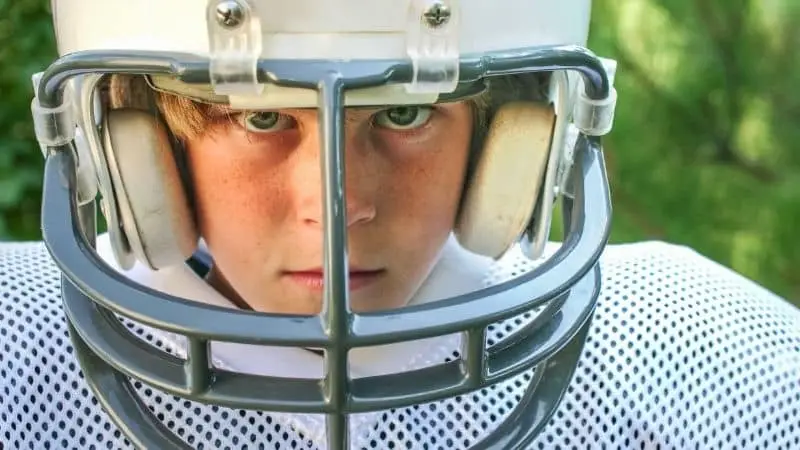Written By: SportsCare Mountain Lakes
Some signs and symptoms of a concussion for adolescents are dizziness, memory loss, headaches, fatigue, and sensitivity to light. Nausea, mood changes, and blurry vision are also signs of a concussion. If you suspect a child has a concussion and it is sports related, do not let them keep playing.
The child should be brought to the doctor so they can run tests to see if they have a concussion. A baseline test is usually taken by the athletes prior to the start of the season.
If a concussion is suspected the athlete will take the test again and the results will be compared. Neurological tests will also be performed to test vision, balance, reflex, coordination and strength.
Cognitive tests will be performed to test memory and concentration. Depending on the severity of the concussion, treatment may be different. In general, the child should rest, avoid screen time, get good sleep, stay hydrated, and avoid demanding physical activity.
Light activity like going for a walk or watching tv should gradually be added back. If the symptoms appear during the exercise, it should be stopped. If the symptoms do not reappear, more exercise can be added.
A doctor’s approval is needed before attempting any activities. After a proper evaluation, the athlete will be run through a series to tests to determine if they are fit to return to sport.
To help prevent concussions, athletes should use helmets and mouth guards that fit them properly. Having appropriate strength to withstand high-impact forces put on the body is also important.
If you need to schedule an appointment or would like to have your condition evaluated, please contact us through our website.


